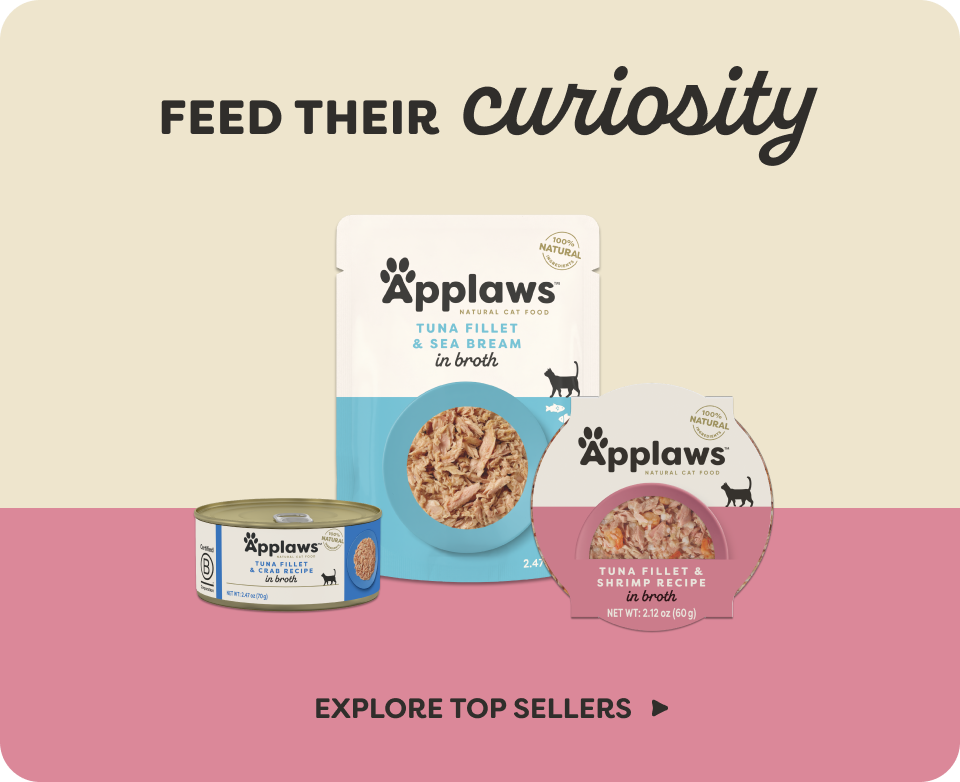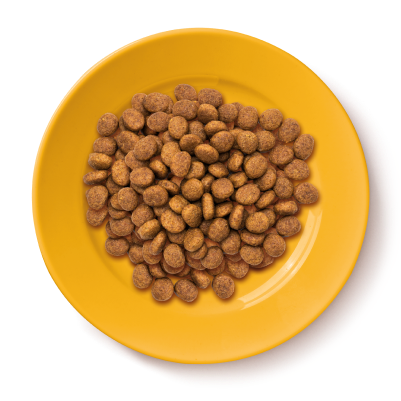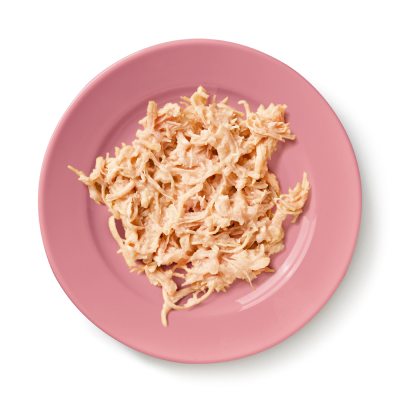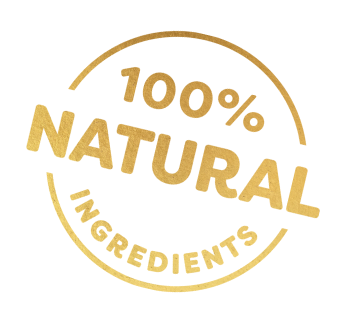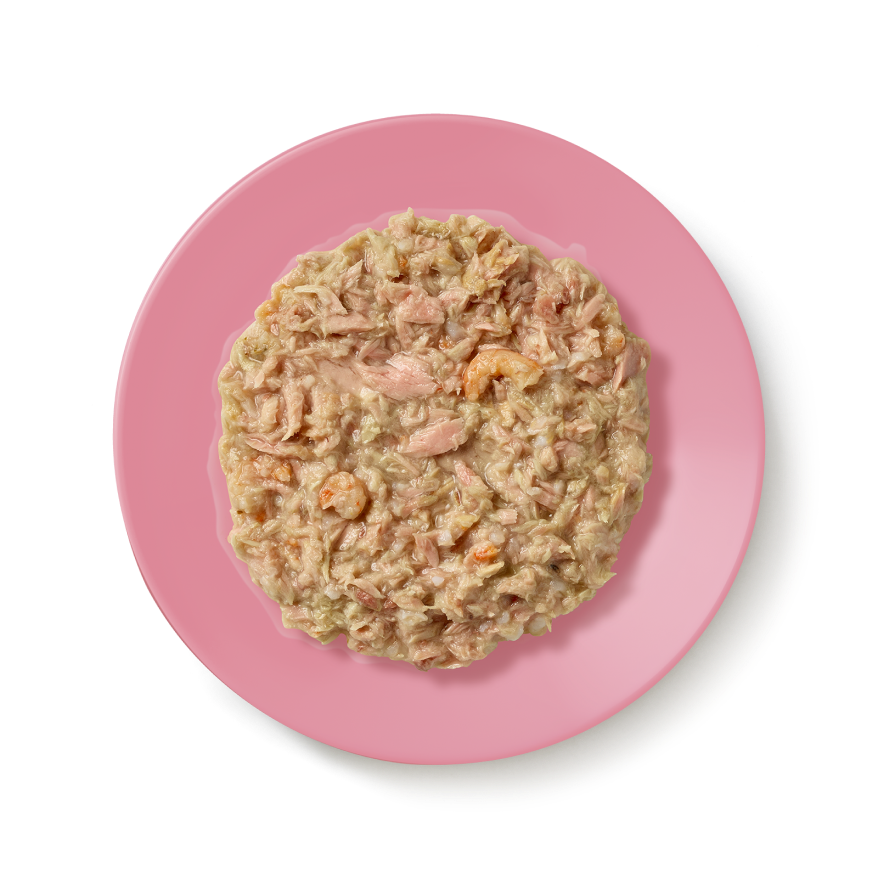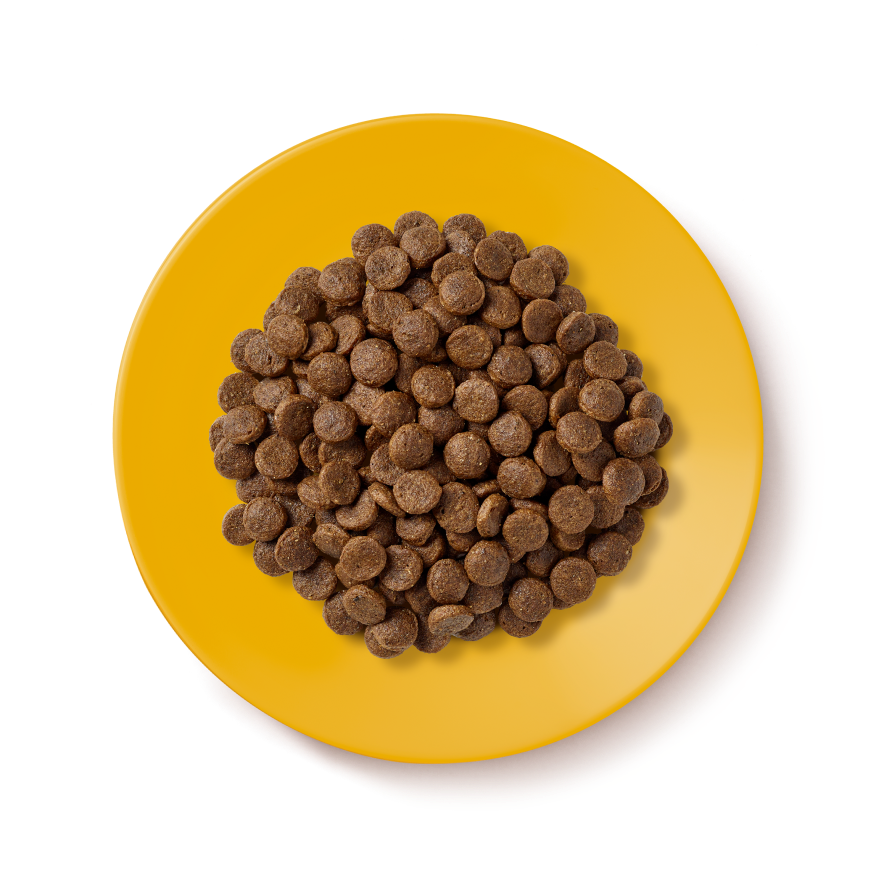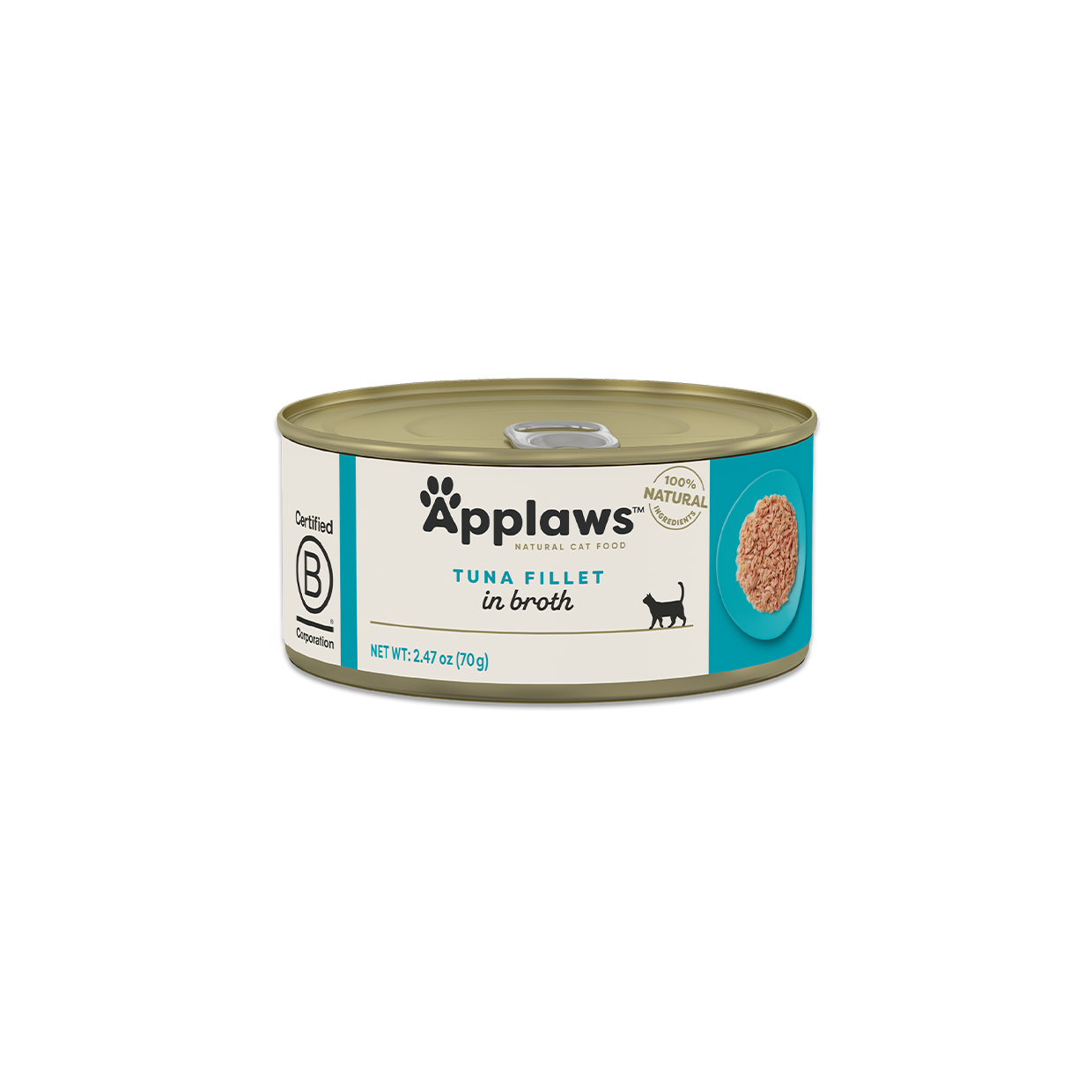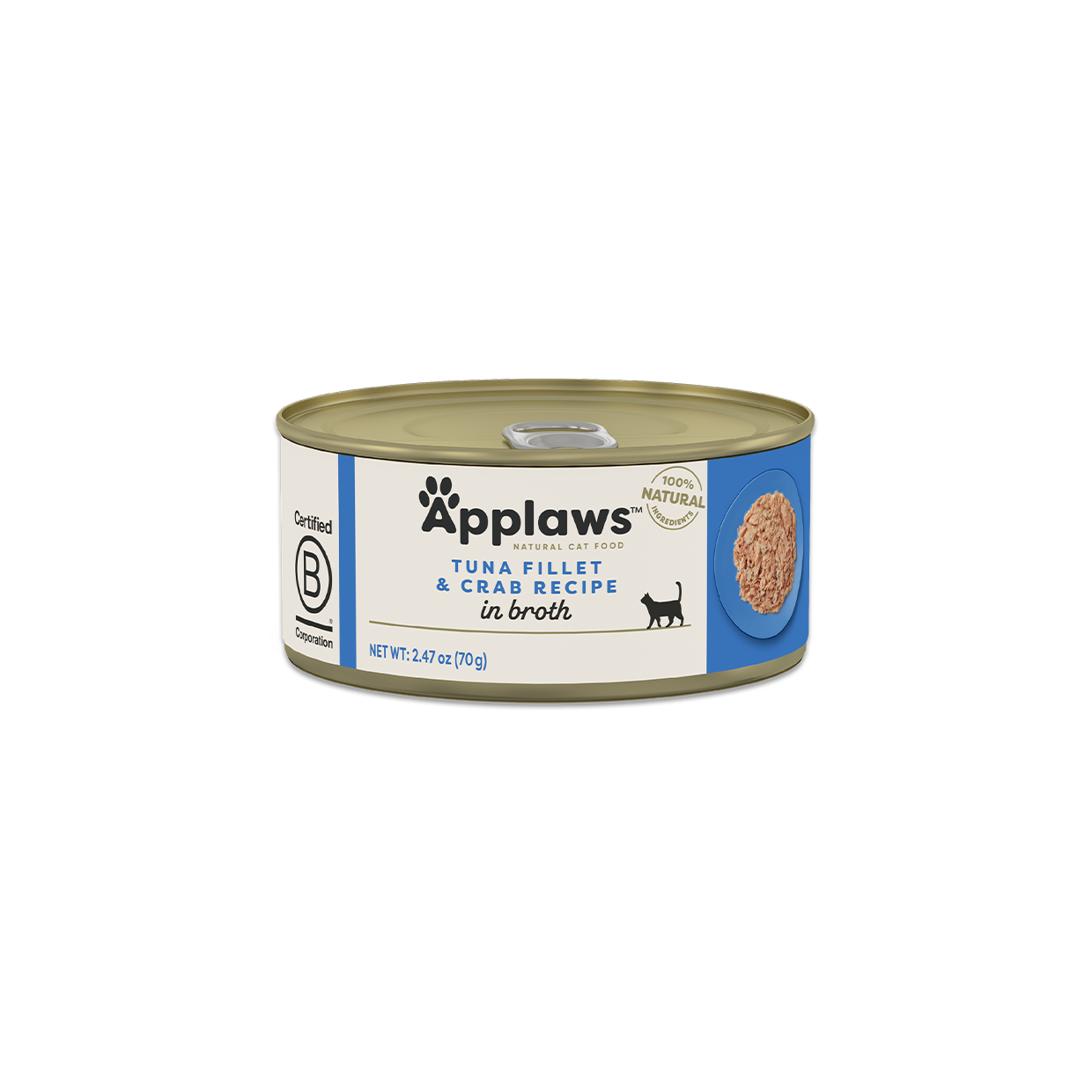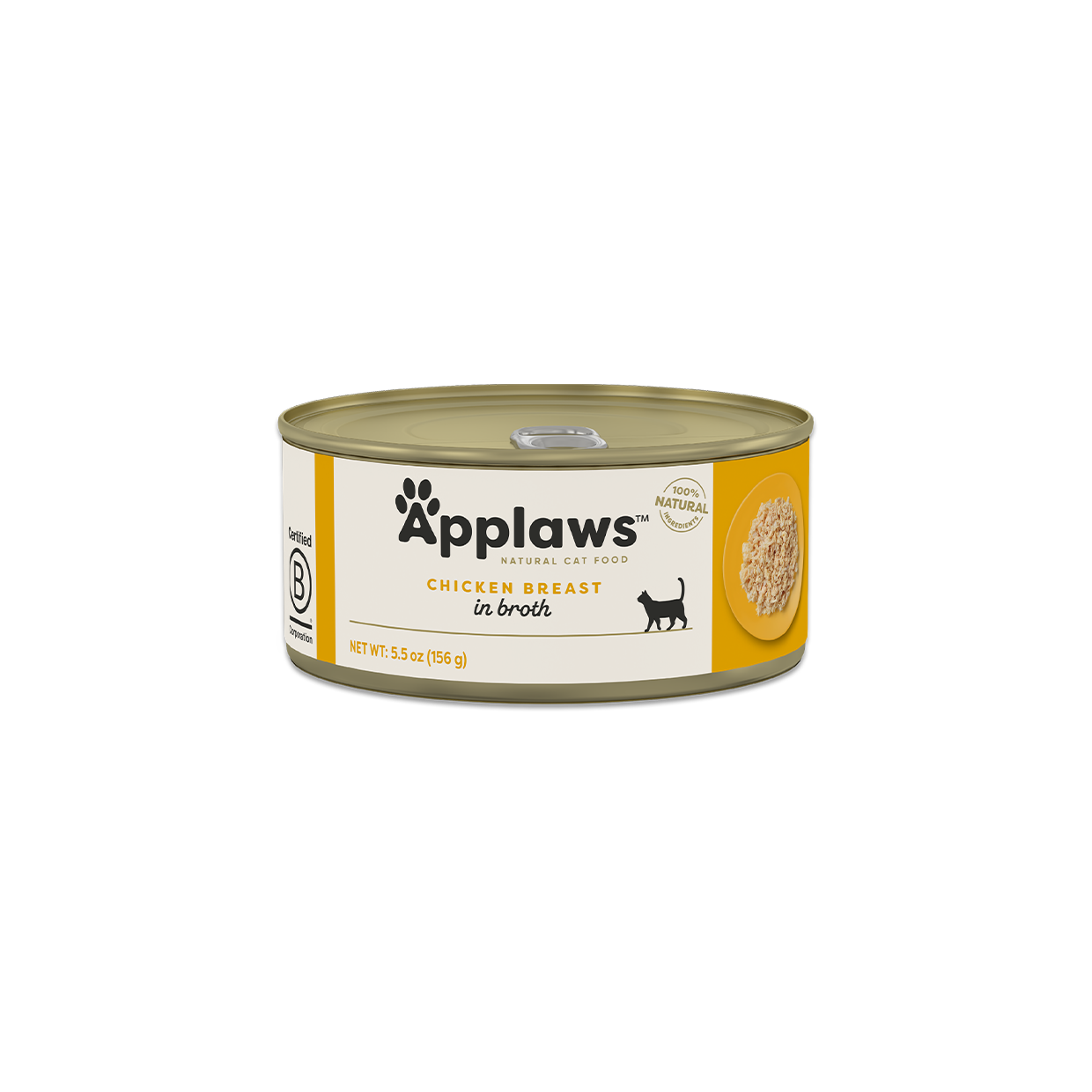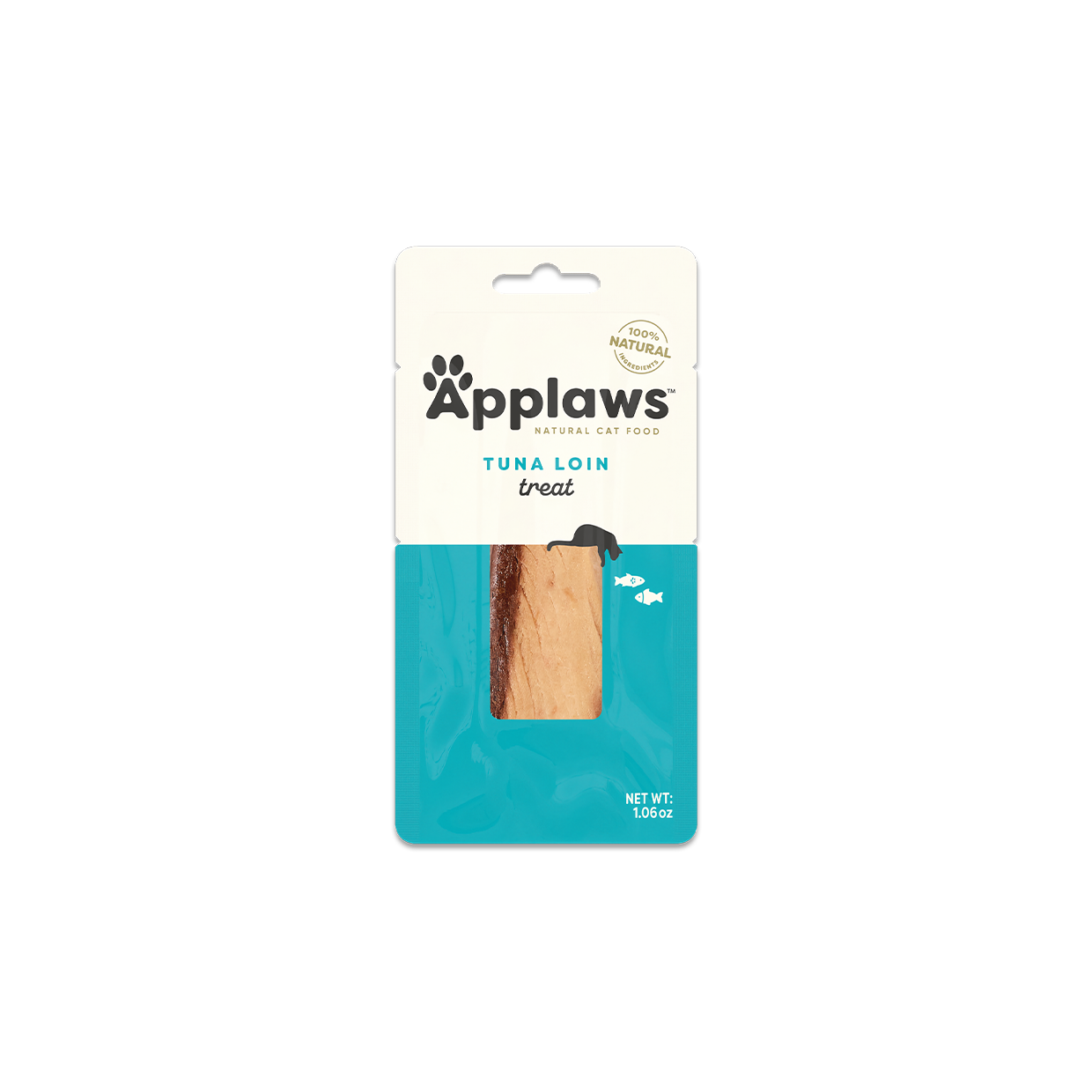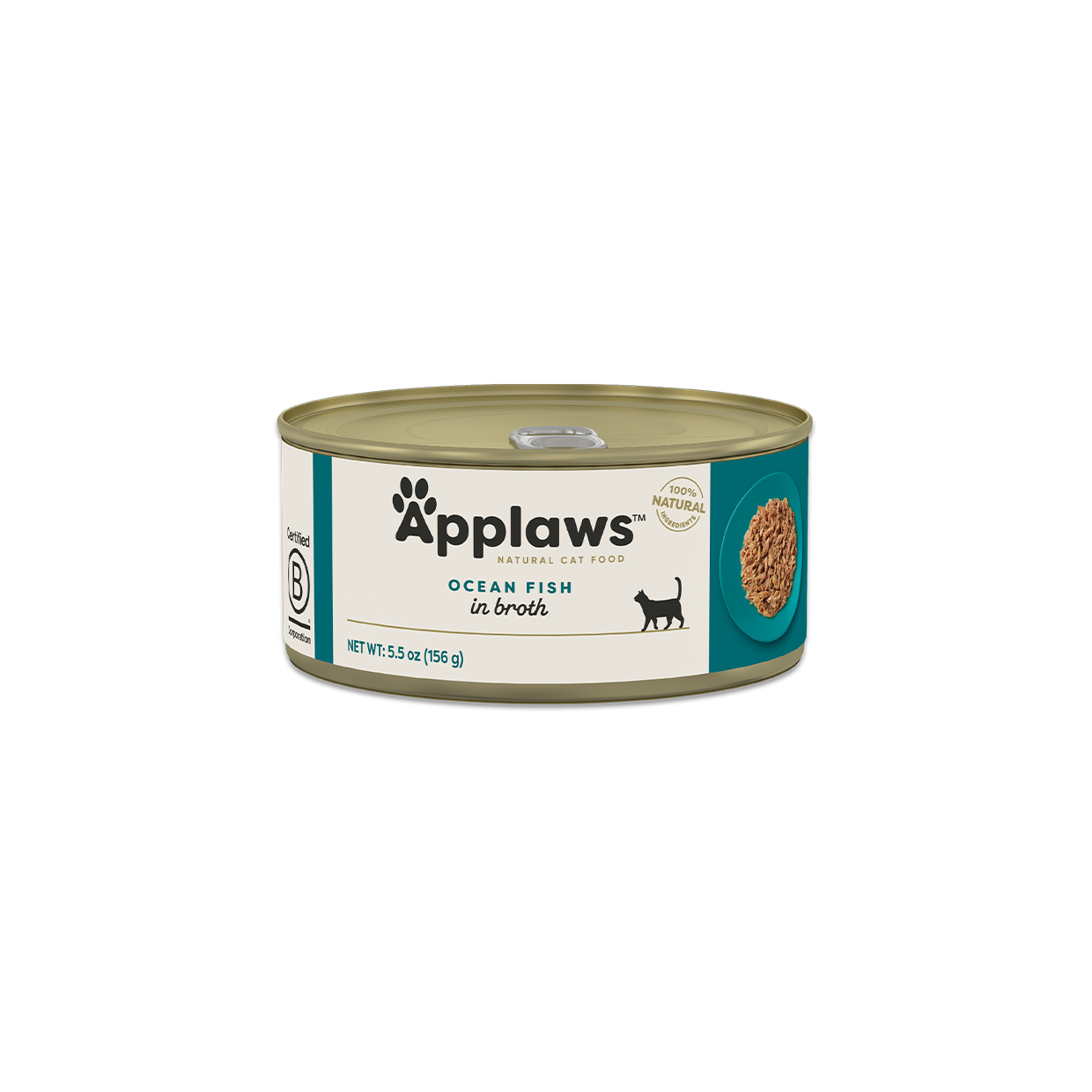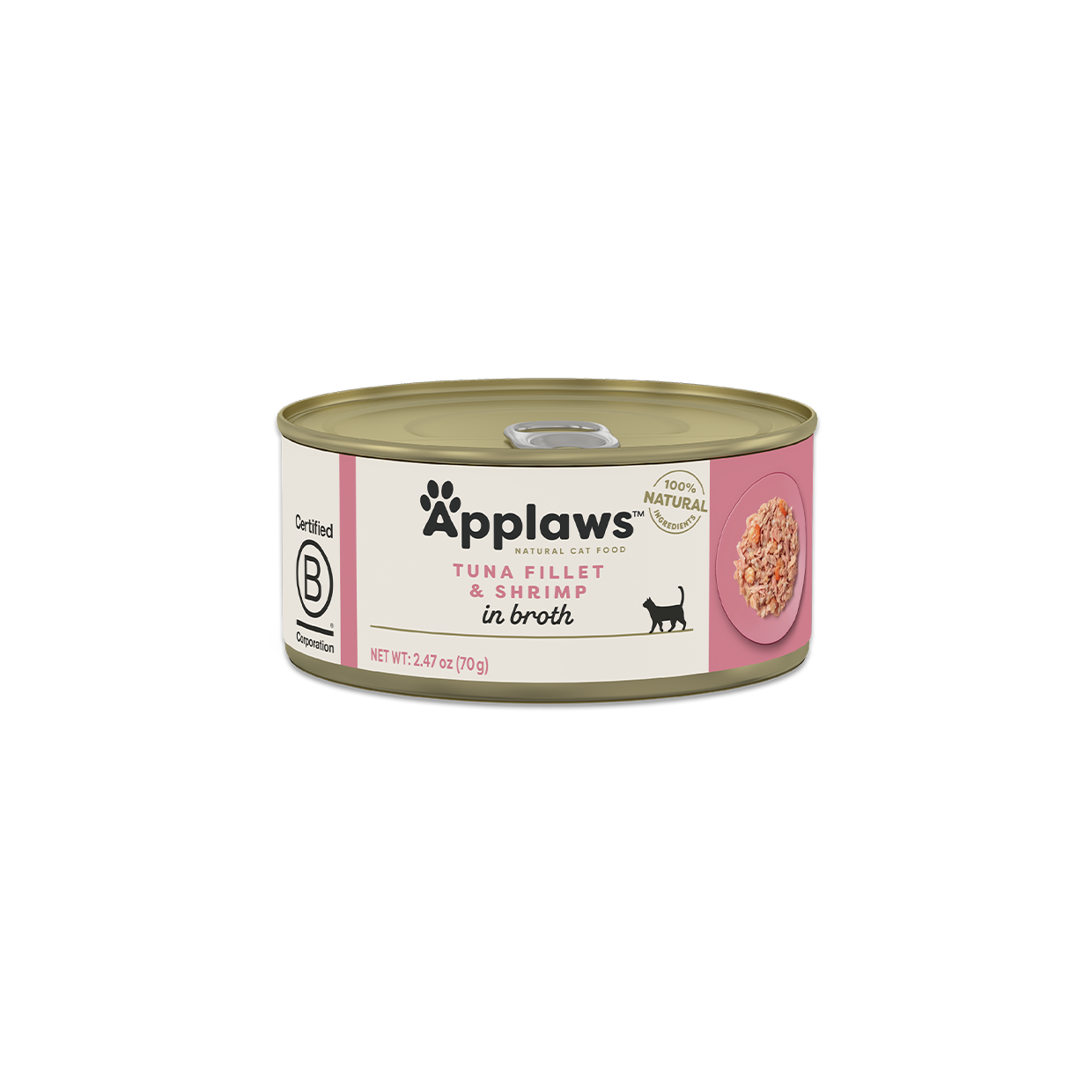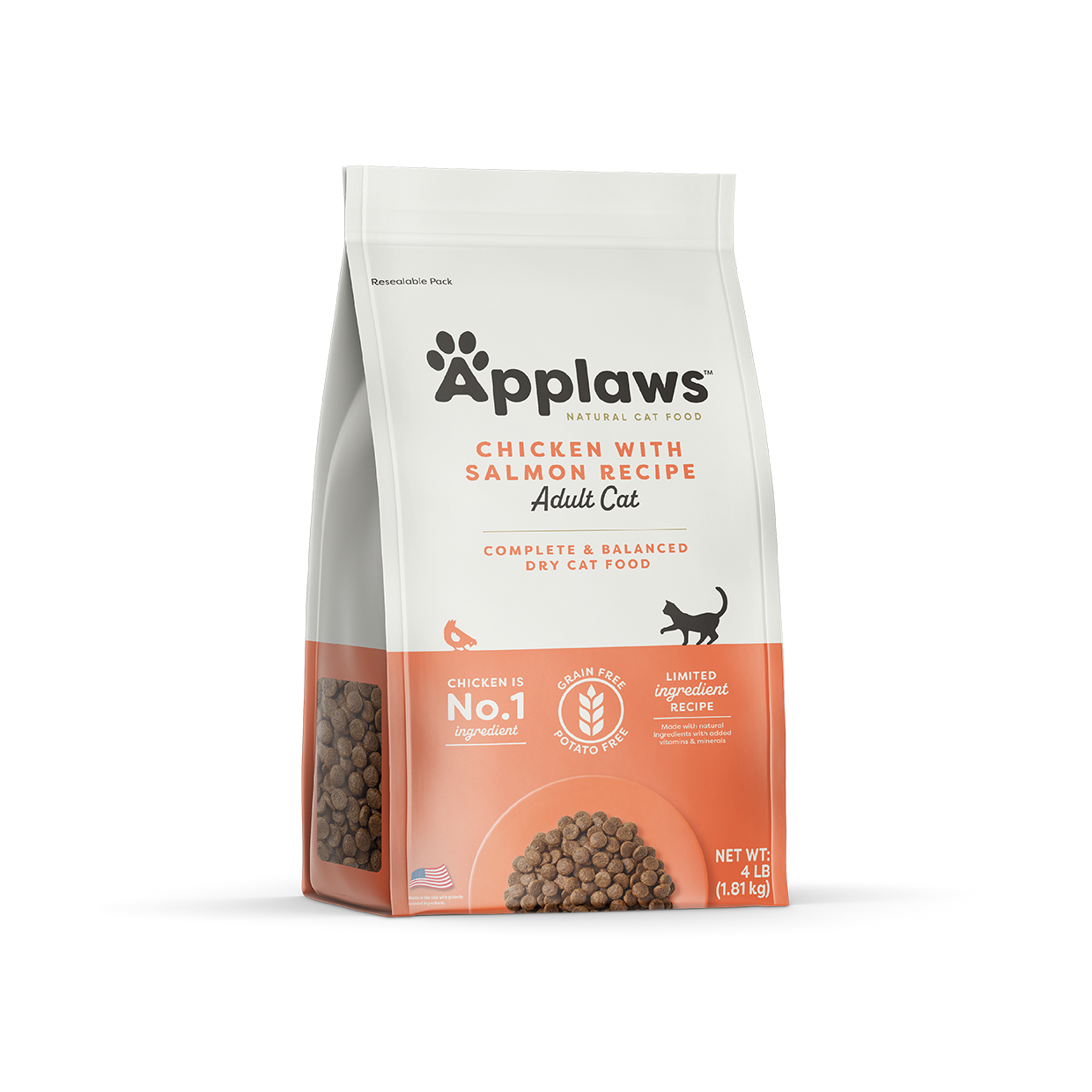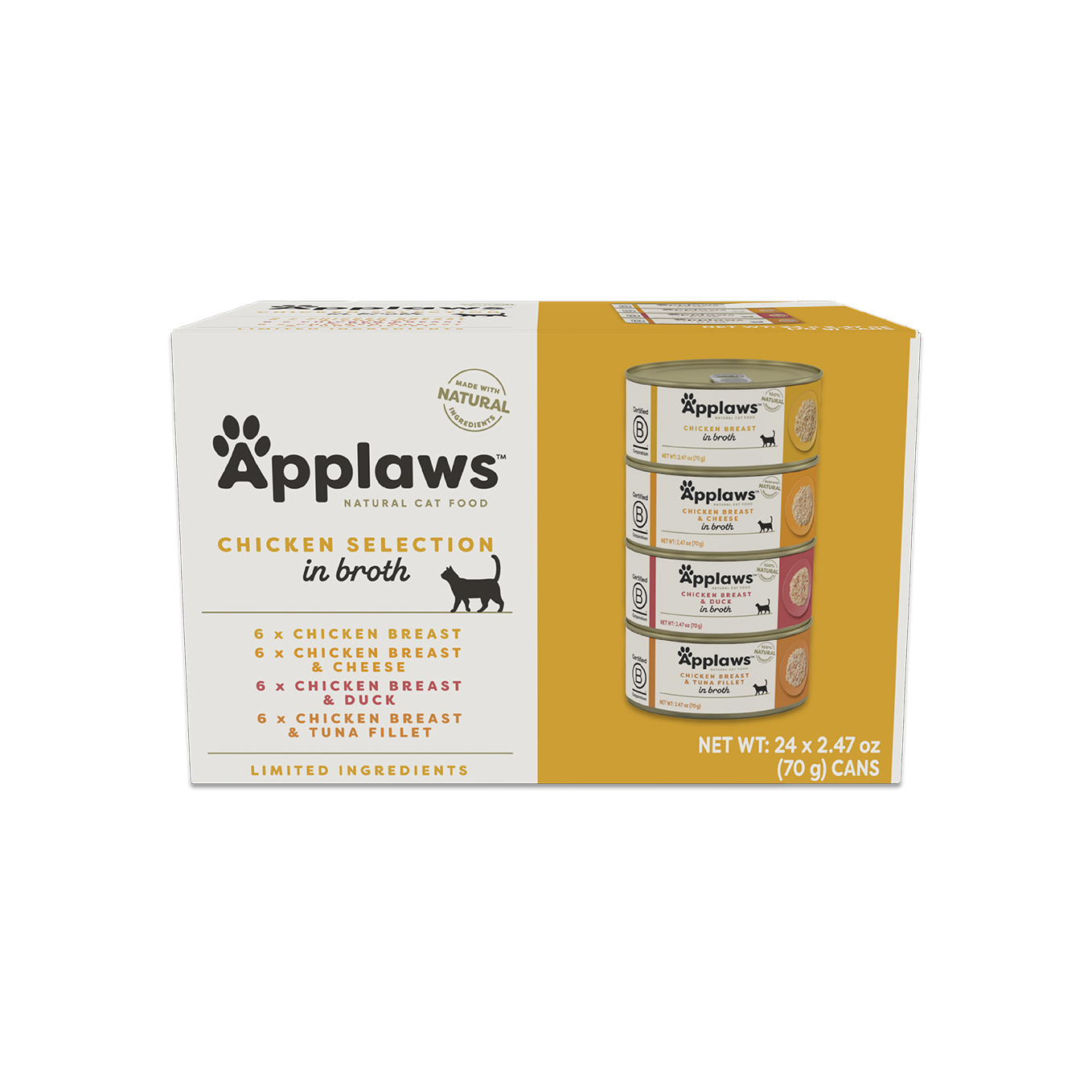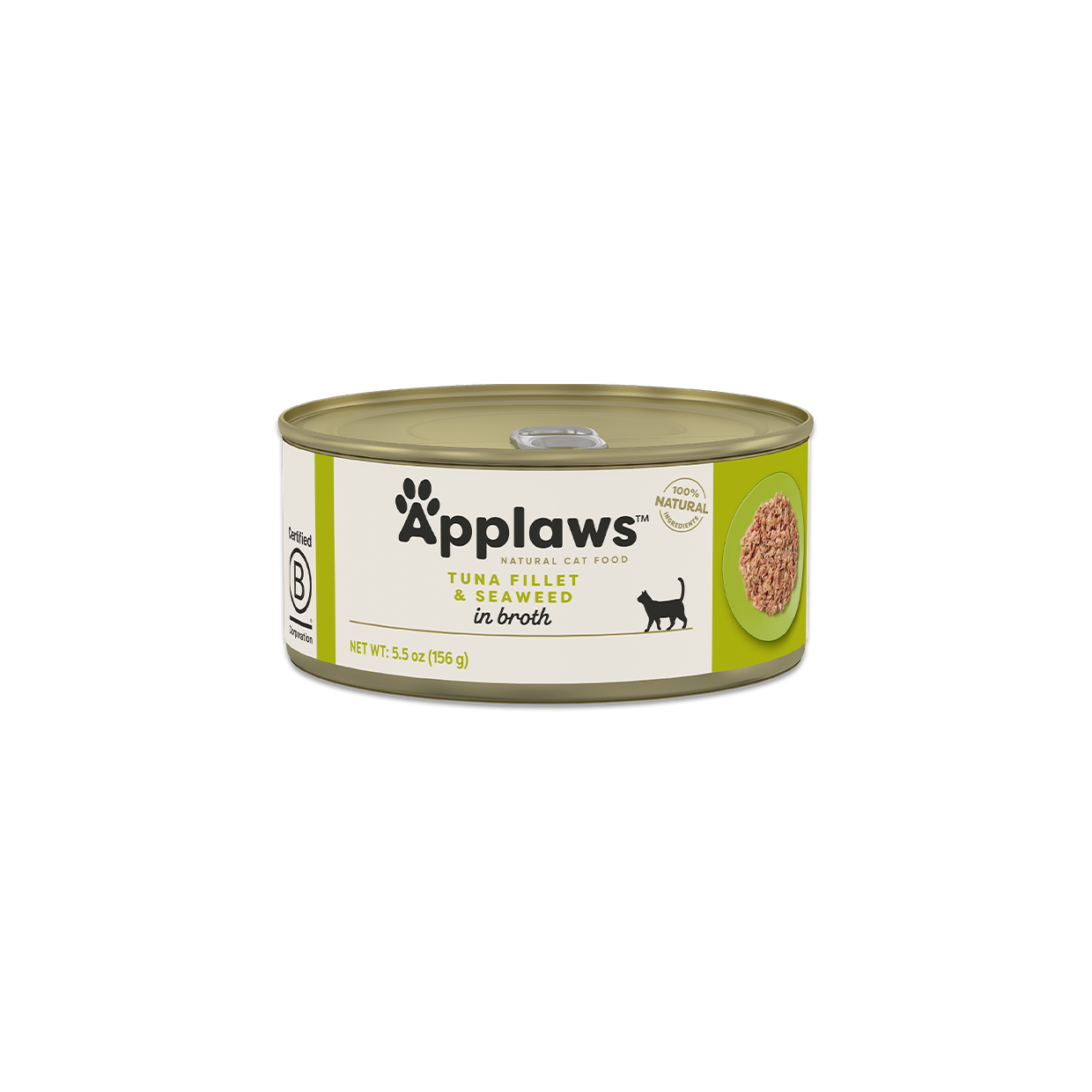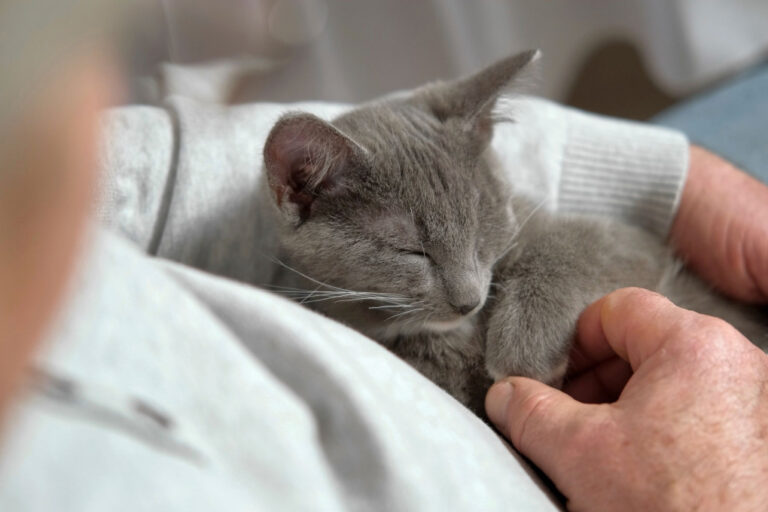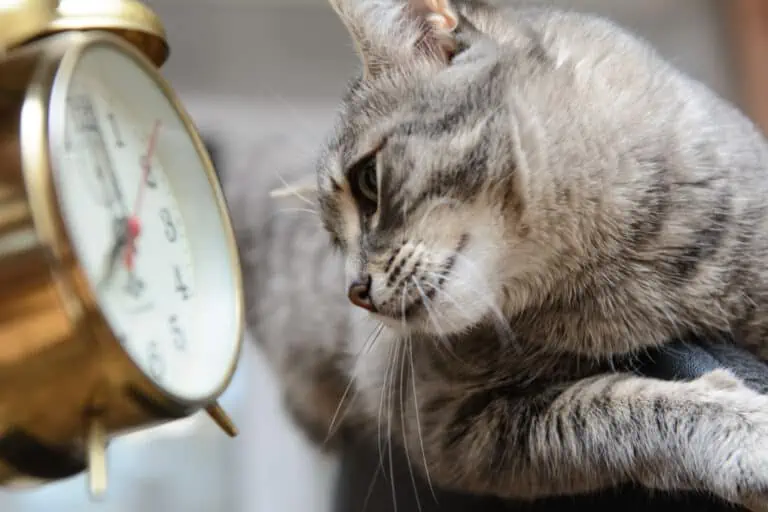-
Shop By Age
-
Kitten
Up to 1 year
-
Adult
1-6 years
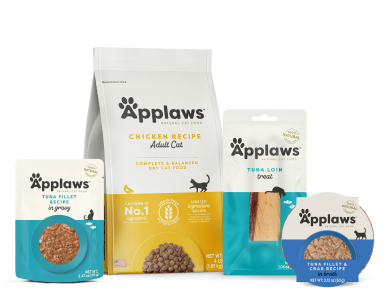
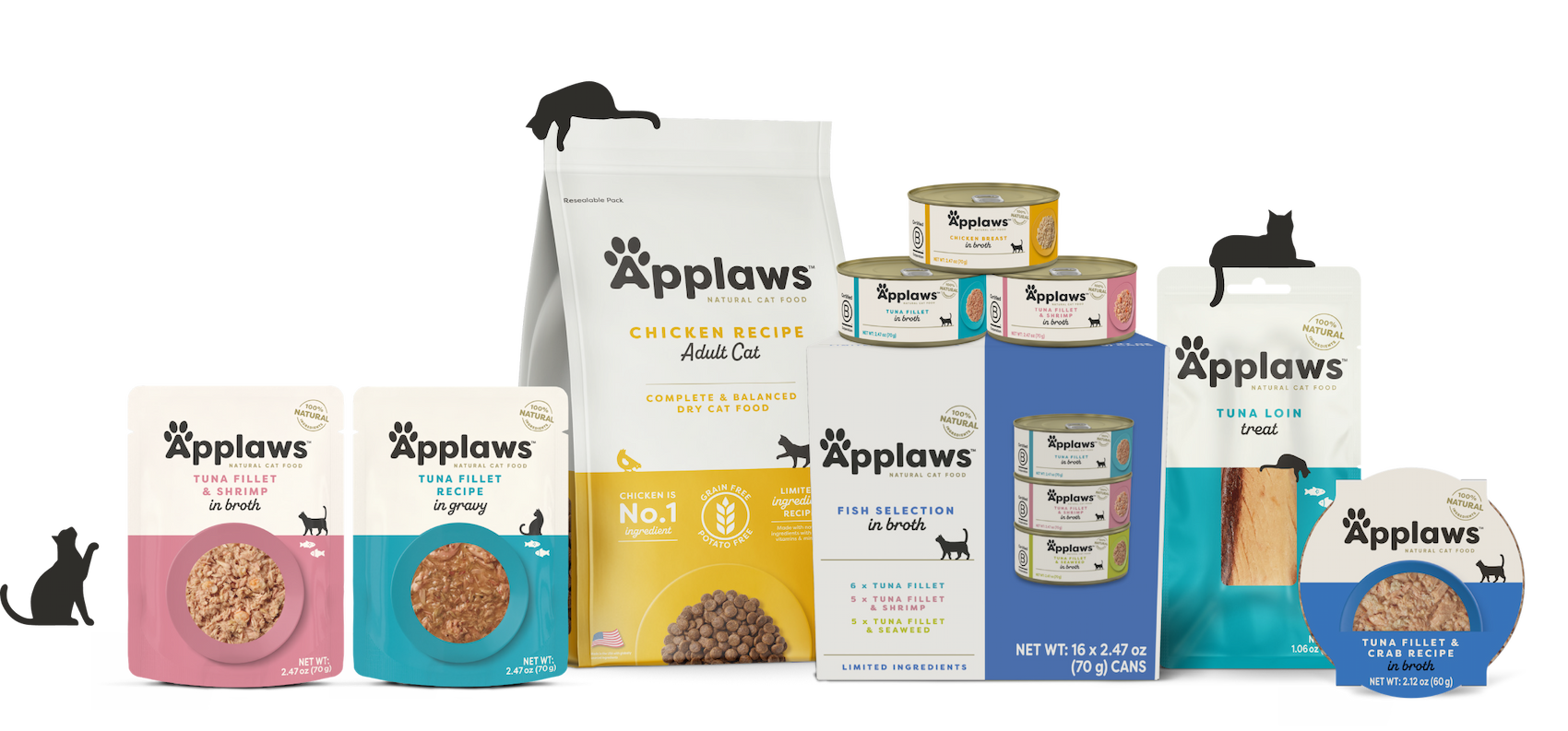
Welcome to applaws
The home of adventurous minds and even more adventurous appetites. We have a new look, but our cat food is still as naturally delicious as ever, with the same great taste that your cats will love. We craft every recipe to excite your cat’s appetite and taste for adventure so there’s always a new dish for them to discover.
Shop by
category
Shop by
Top Sellers
product finder
what’s on their menu?
what’s on their menu?
Use our product finder to discover which recipes your cat will love – whatever their needs, whatever their personality.
Coming soon
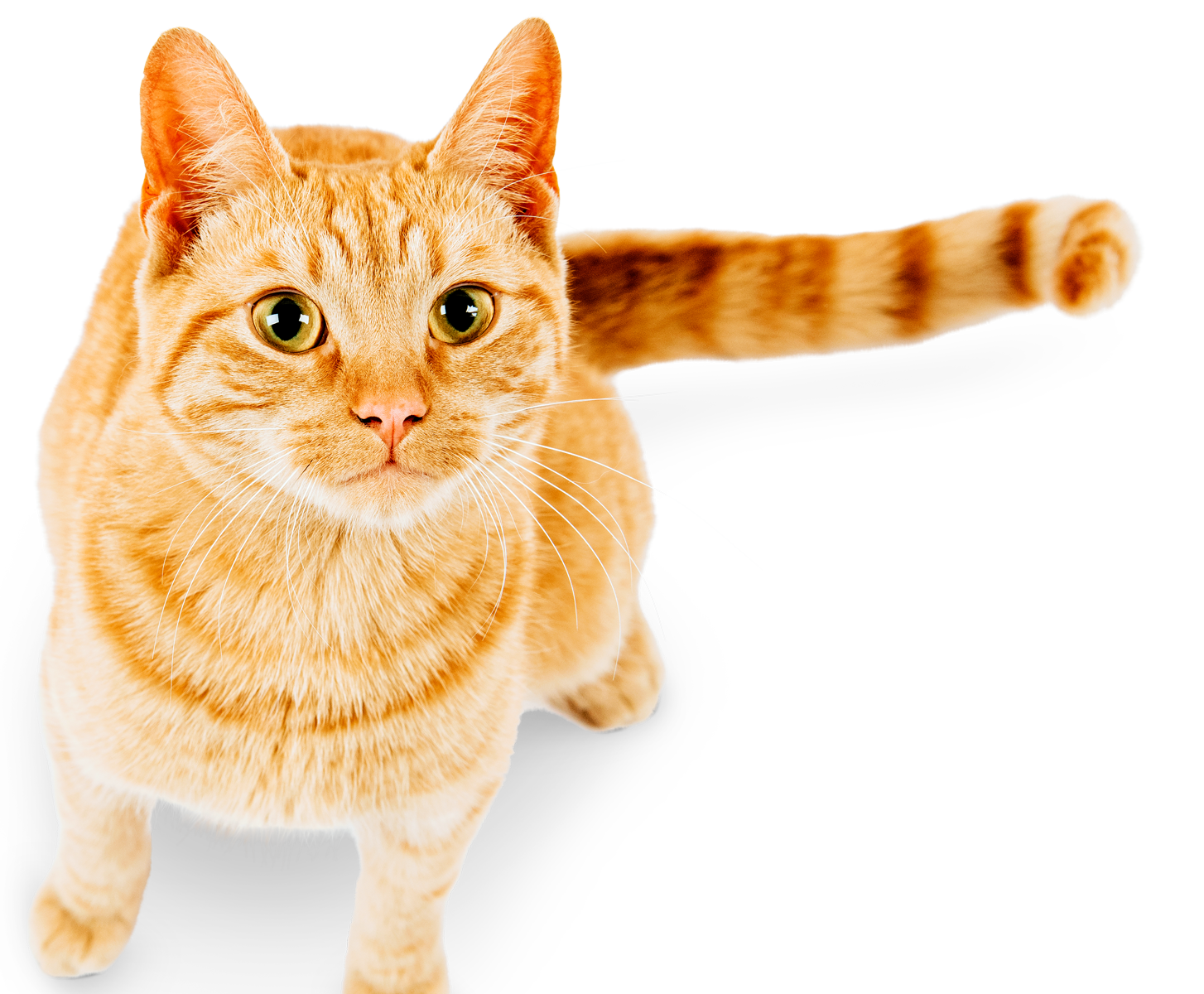
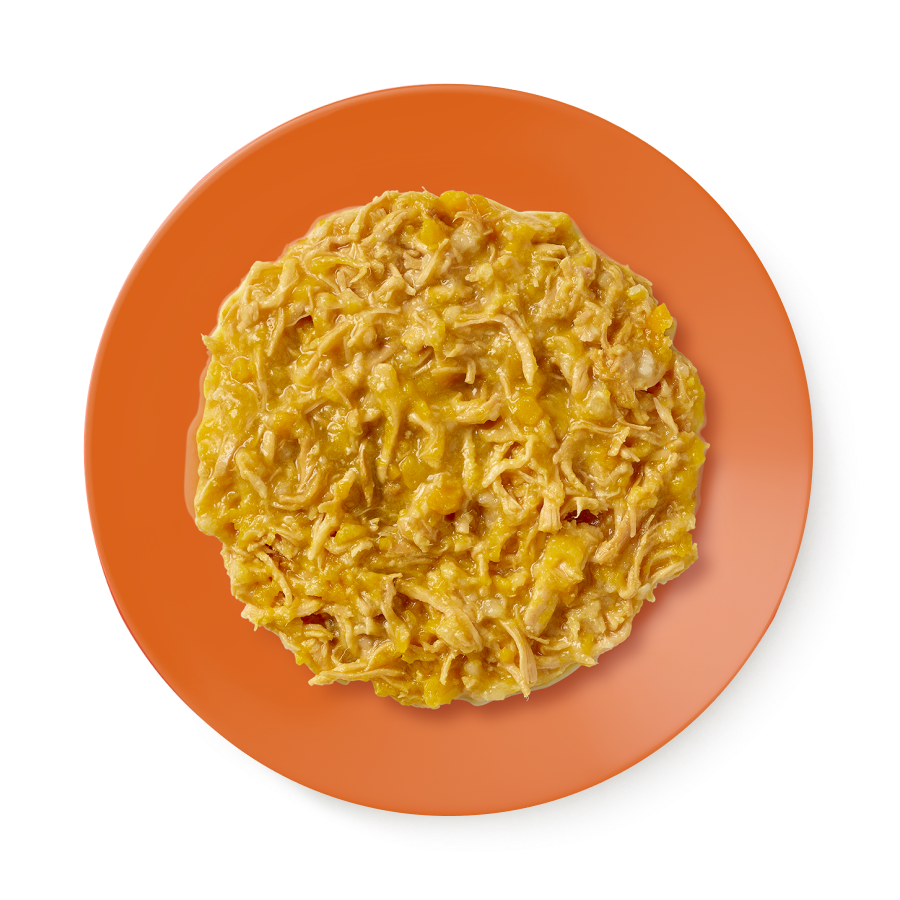
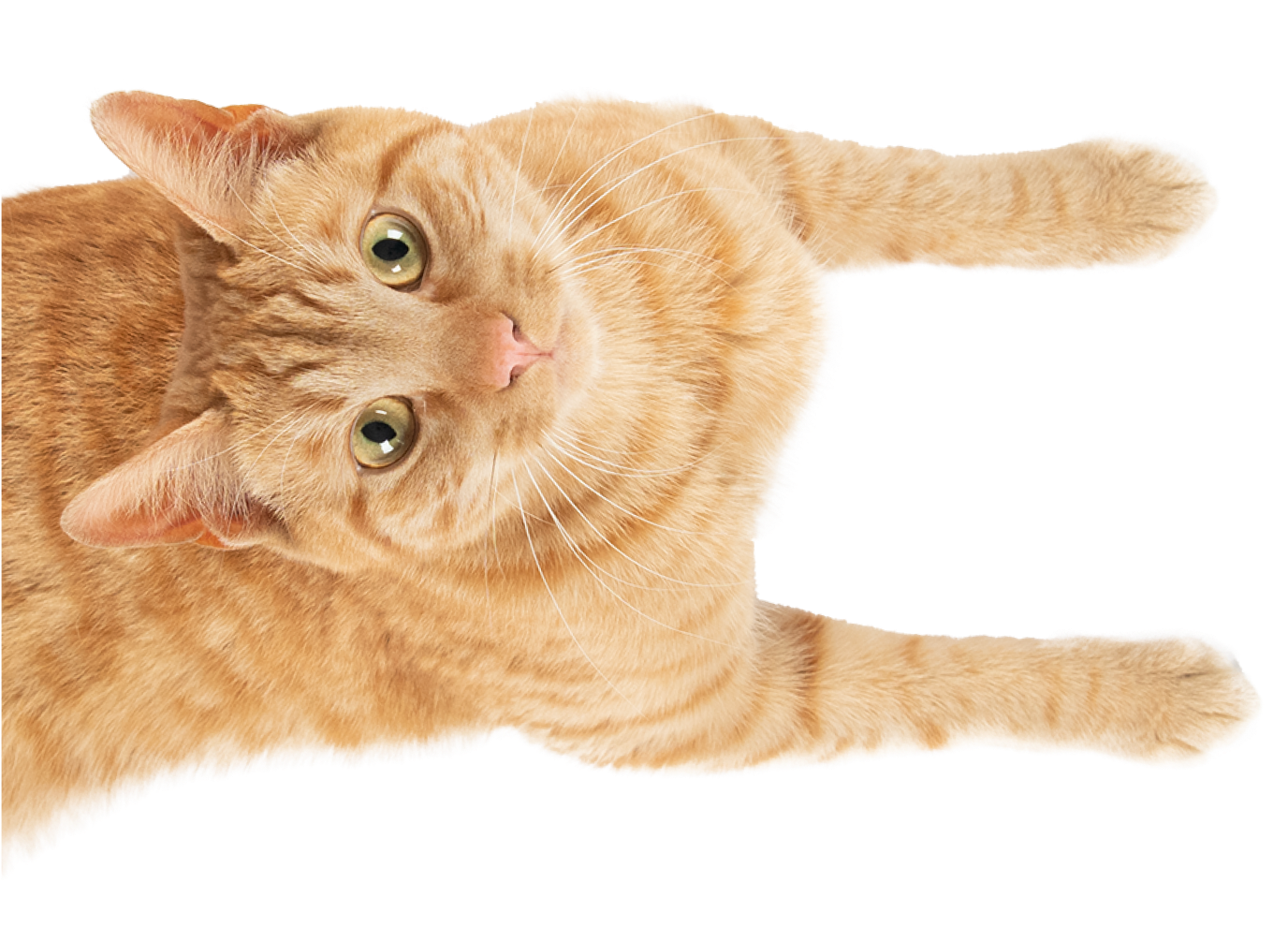
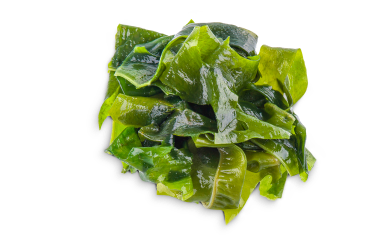
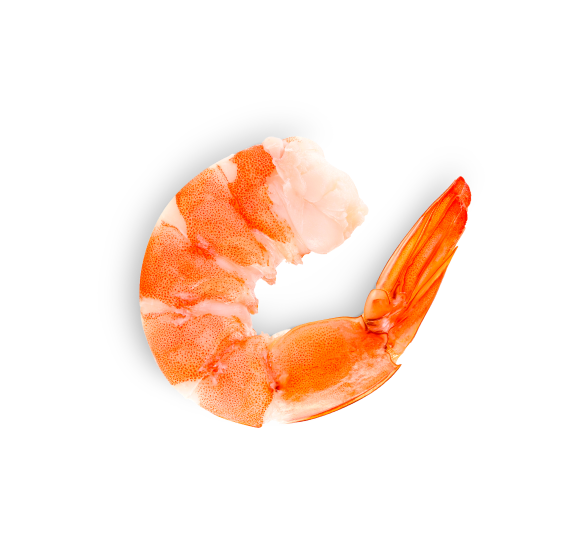
natural
ingredients
ingredients
All our dishes are made with natural ingredients and real meat & fish – no nasties, no nonsense, just as nature intended.
tasty
variety
variety
We craft each recipe to excite your cat’s appetite and imagination and with so many dishes to choose from, there’s always something new for them to discover.
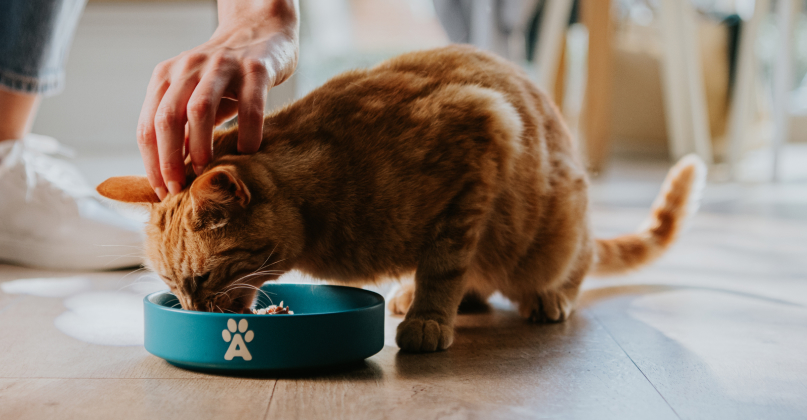



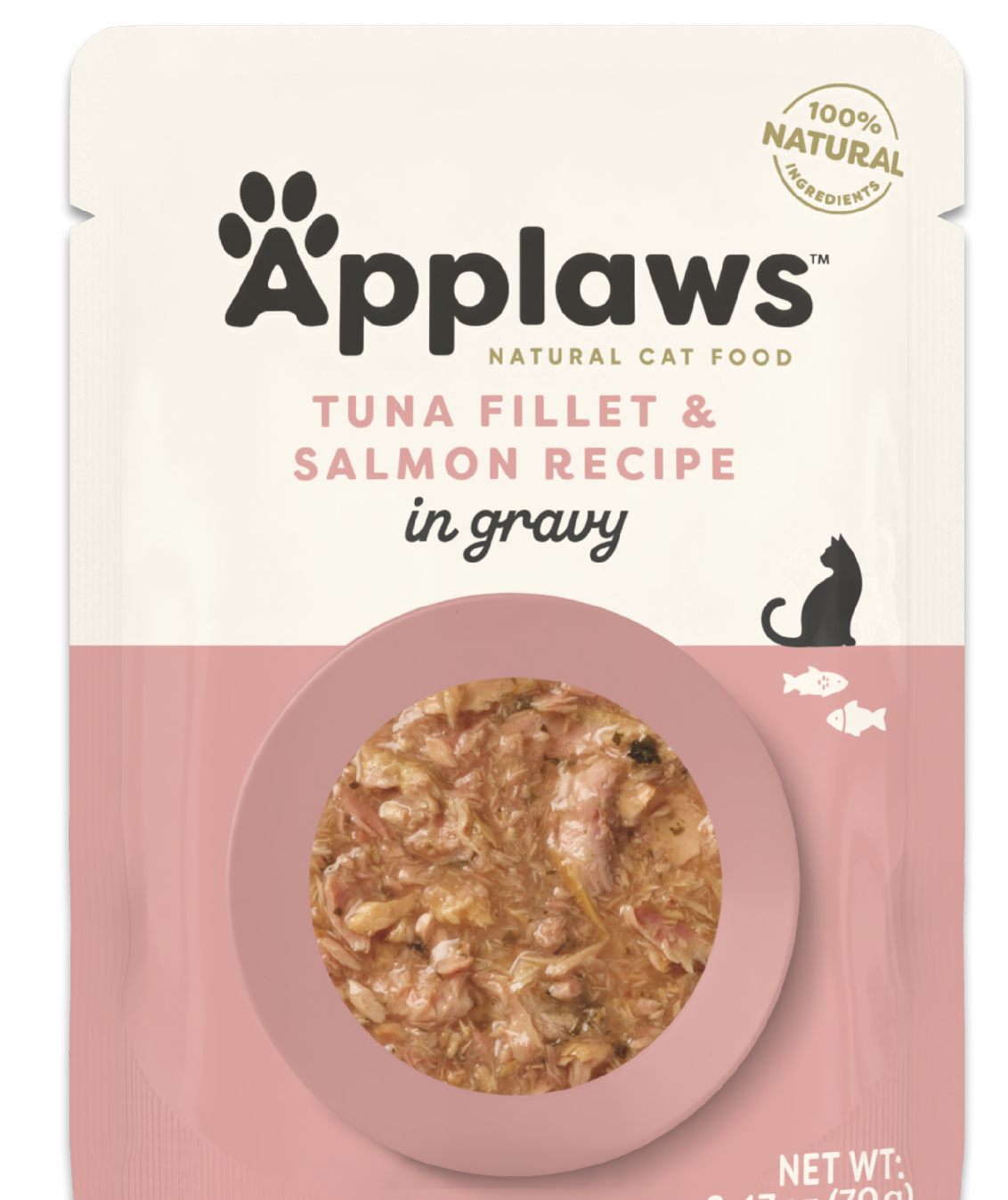

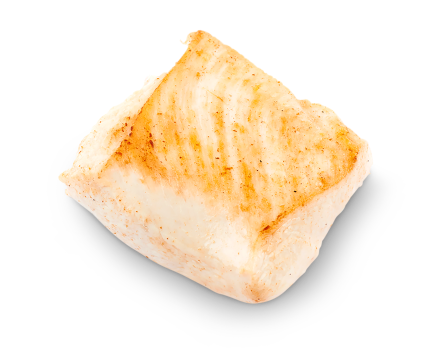
goodness
IN EVERY BITE
IN EVERY BITE
Provides a natural source of taurine, arginine and essential amino acids, our cat food is packed with high quality nutrition for adventures big and small.
learn about
caring for your cat
learn about
purr-fect reviews
hear from our family
hear from our family
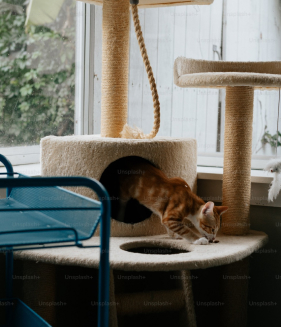
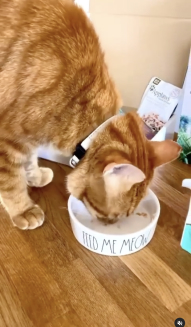
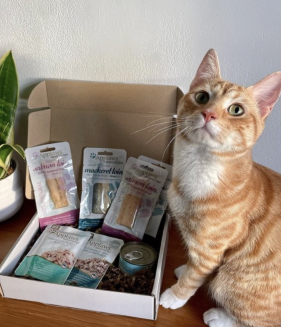
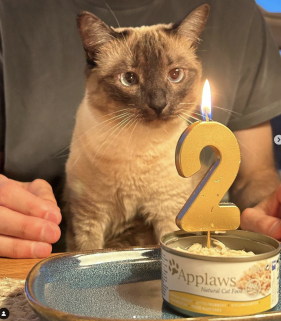

-
~ Nancy R
My cat is normally a picky eater, but they loved this… Applaws lists all ingredients right on the packaging, [and there are] only three of them. I highly recommend this cat food!
-
~ Poppy Ruby
We’ve been feeding Applaws since my cat was a kitten and she is happy, healthy and thriving.
-
~ Benjamin Lee
We came across Applaws and have never looked back. Really strong quality and ethical credentials, easy to get our hands on and reasonably priced.
-
~ Ahmed Ali
Since introducing Applaws Chicken to my young rescue cat, Minnie, her behavior has completely changed.
-
~ Ibby Stone
Love the fact it’s full of natural goodness and it doesn’t last long in their bowls!
FAQs
popular questions
FAQs
Naturally tasty and nutritious food is our focus. However, we have updated our packaging to ensure it looks as tasty as our food! Our new packaging has been carefully designed and tested with our loyal Applaws customers to ensure it’s clear & simple, as well as looking great.
We’re pleased to say all our recipes are the same naturally delicious food – it’s just our packaging that has a new look.
MPM is a proud to be a B Corp, which stands for Benefit Corporation. This means that we are a for-profit company that is committed to using our business as a force for good. We are dedicated to using our resources and influence to create positive social and environmental impact, not just financial success. Find out more about our journey towards a more sustainable future by looking at our B Corp video & Annual Impact Report on our website.
Complete pet food, like Applaws dry cat food, contains all the vitamins and minerals your feline friend needs to stay healthy and happy. You can simply serve it on its own, along with a bowl of fresh water.
Complementary pet foods, on the other hand, aren’t designed to be the only thing you feed your pet. Instead, they’re perfect for adding flavor and excitement to mealtimes. Always serve a complementary food with a complete wet or dry food – like Applaws dry cat food – to make sure your pet gets everything they need.
Please speak to your vet before changing your cat’s current diet, as they are best guide to provide appropriate nutritional guidance, tailored for your pet.
